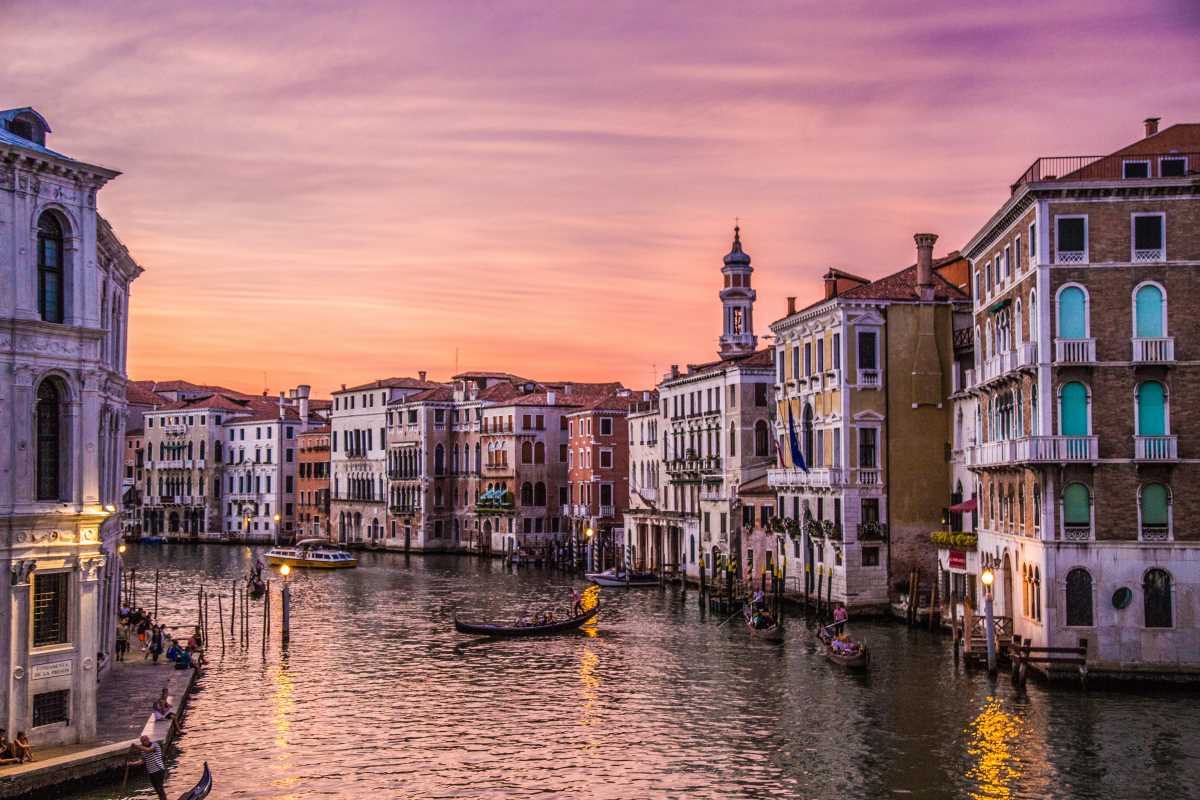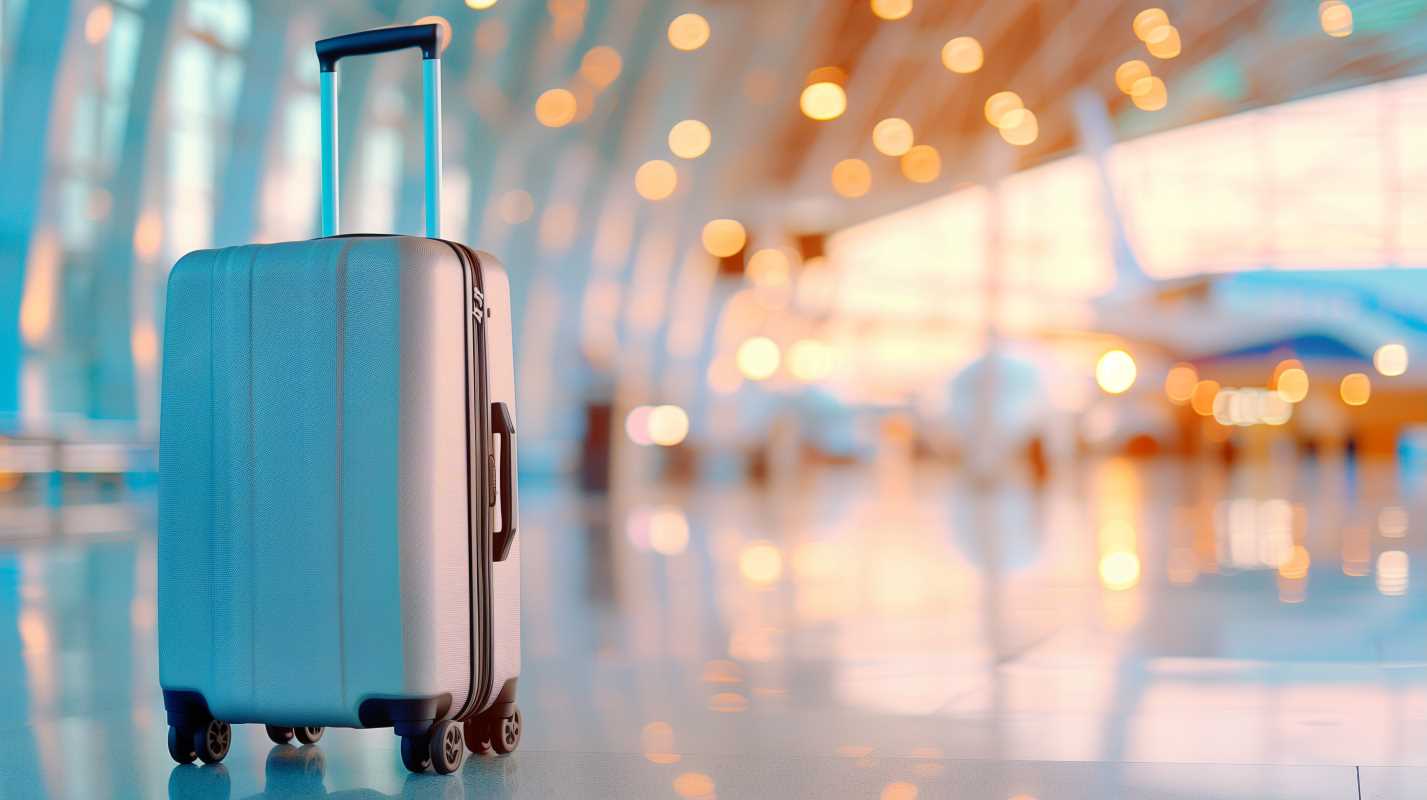Traveling is a wonderful way to explore new places, immerse yourself in different cultures, and create lasting memories. However, it can also be expensive. The good news is that with some savvy strategies, you can stretch your travel budget further and make the most of your adventures without breaking the bank. Here are some effective tips to help you maximize your travel experience while keeping costs in check.
Be Flexible
One key way to save money while traveling is by being flexible with your travel dates. Prices for flights and accommodations can vary significantly depending on the time of year, day of the week, and even the time of day you choose to travel. If your schedule allows, consider traveling during the shoulder seasons—just before or after peak tourist times—when prices are typically lower and crowds are thinner. Use fare comparison websites and flexible date search tools to identify the best deals. Even shifting your departure or return date by just a day or two can yield significant savings.
Alternate Accommodations
Another valuable strategy for stretching your travel budget is to consider alternative accommodations. While hotels can be convenient, they are often more expensive than other options, such as vacation rentals, hostels, or guesthouses. Websites like Airbnb and Booking.com offer a wide range of lodging options that cater to different budgets and preferences. Staying in a hostel not only saves you money but also provides opportunities to meet fellow travelers and share experiences. Additionally, guesthouses or bed-and-breakfasts can offer a more personalized touch and local insights that traditional hotels may lack.
Public Transportation
When it comes to getting around, consider using public transportation or walking instead of relying on taxis or rental cars. Public transport is not only more affordable but can also give you a chance to experience the local way of life. Many cities have efficient metro systems, buses, or trams that can take you to popular attractions for a fraction of the cost of private transportation. Additionally, walking allows you to explore a destination at a leisurely pace, uncovering hidden gems that you might miss while zooming by in a car. Don’t forget to check if there are day passes for public transport, which can save you money if you plan to use it frequently.
Avoid Eating Out
Eating out at restaurants can quickly eat into your travel budget, so consider cooking some of your meals or packing snacks to enjoy on the go. Many vacation rentals and hostels come equipped with kitchen facilities, allowing you to prepare simple meals. Visiting local markets and grocery stores not only provides an opportunity to sample local cuisine but also lets you engage with residents and experience the culture firsthand. Plus, picnicking in a scenic spot—whether it’s a park, beach, or viewpoint—can be a memorable and budget-friendly dining experience. For the nights you do choose to eat out, look for local diners or street food vendors that offer delicious meals at a fraction of the price of more touristy restaurants.
Take Advantage of Discounts
Take advantage of discounts, deals, and loyalty programs to save money on attractions, tours, and activities. Many destinations offer city passes or tourist cards that provide access to multiple attractions at a discounted rate. These passes can save you significant money while allowing you to explore more of what a city has to offer. Additionally, signing up for loyalty programs with airlines, hotels, and travel agencies can earn you points or discounts that can be applied toward future travel expenses. Look for promotional codes or special offers when booking activities online, and don’t hesitate to ask about discounts for students, seniors, or groups.
Plan Your Itinerary Wisely
Being strategic about your itinerary can also lead to significant savings. Research free or low-cost activities and attractions at your destination. Many cities offer free walking tours, outdoor festivals, or museum days with no entry fee. By mixing high-cost attractions with free activities, you can create a balanced itinerary that allows you to enjoy the best of both worlds. Additionally, consider grouping nearby attractions to minimize transportation costs and maximize your time spent exploring.
Travel Insurance
While it might seem like an added expense, investing in travel insurance can actually save you money in the long run. It protects you against unexpected events such as trip cancellations, medical emergencies, or lost belongings. Before purchasing a policy, compare options to find one that meets your needs without breaking your budget. Having insurance can give you peace of mind, allowing you to focus on enjoying your trip rather than worrying about potential mishaps.
Embrace Local Experiences
Rather than opting for overpriced tourist activities, look for local experiences that provide authenticity without the high price tag. Community events, cultural festivals, and local workshops can be enriching and cost-effective ways to engage with your destination. For example, participating in a cooking class or a craft workshop led by locals not only supports the community but also offers you a unique insight into the culture. These experiences can often be more rewarding than traditional tourist attractions.





.jpg)

